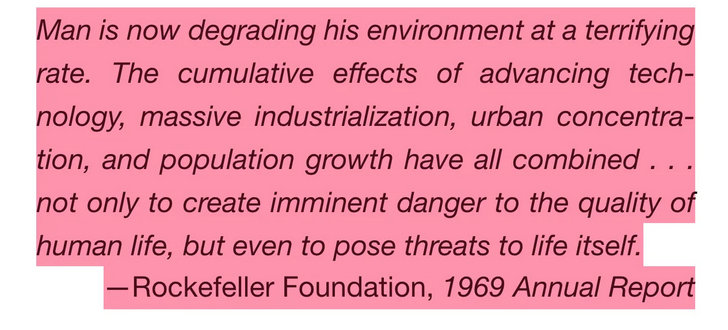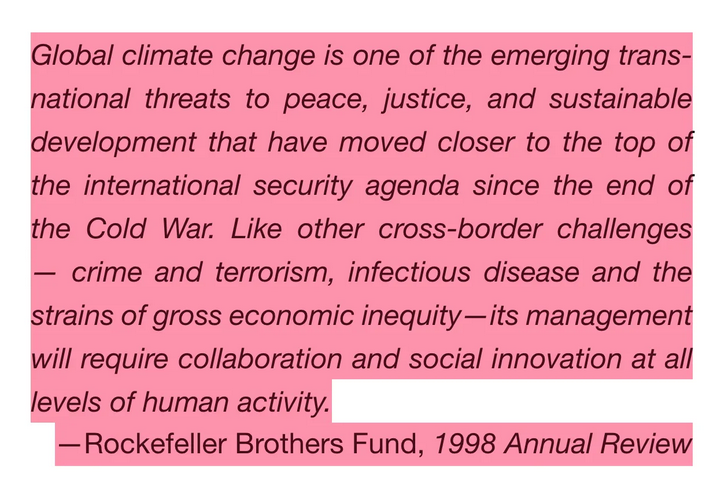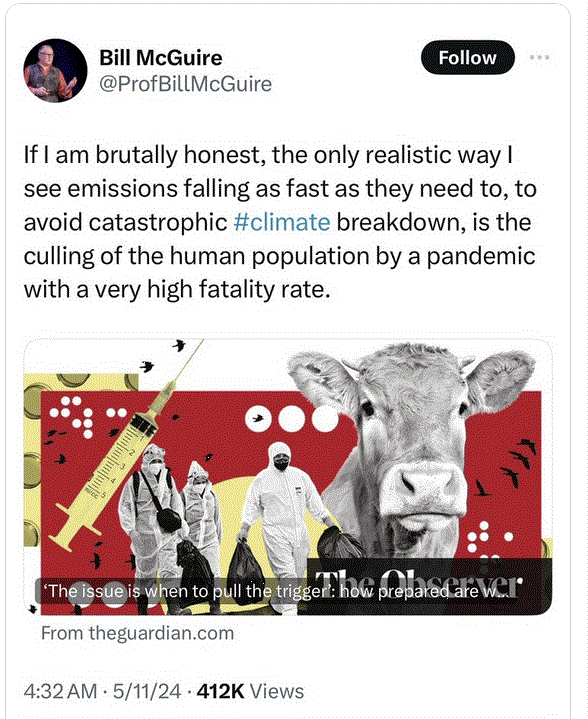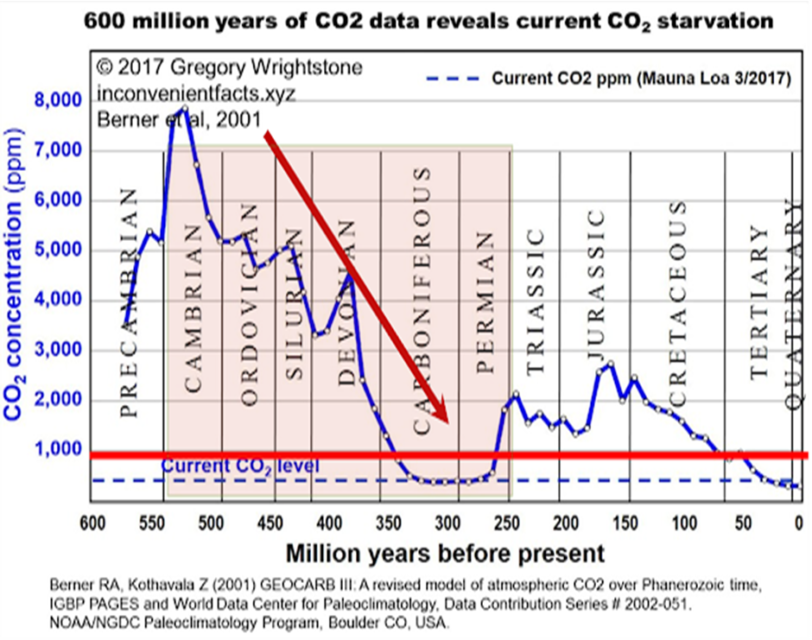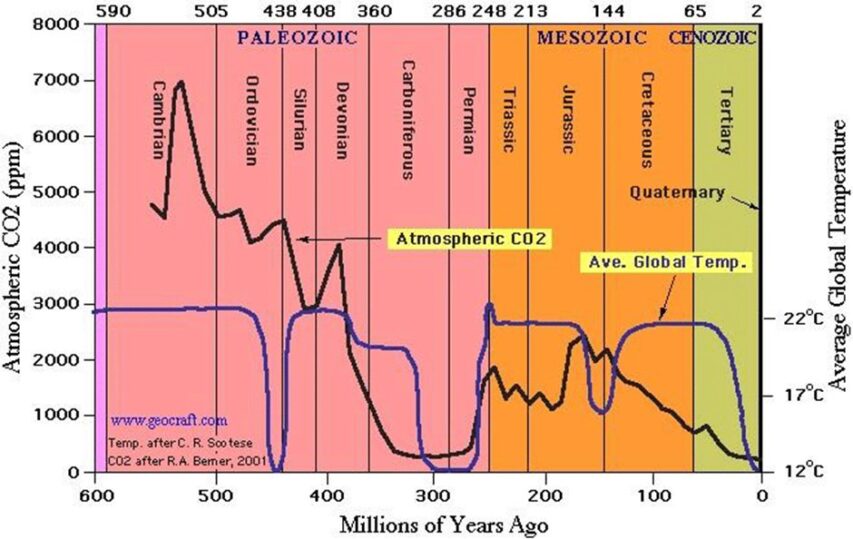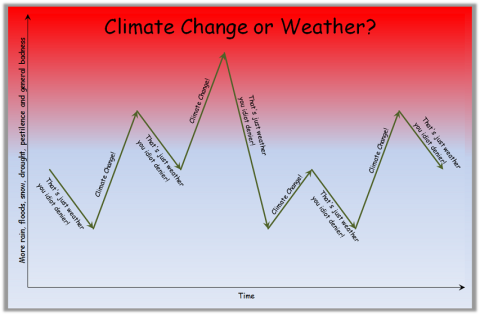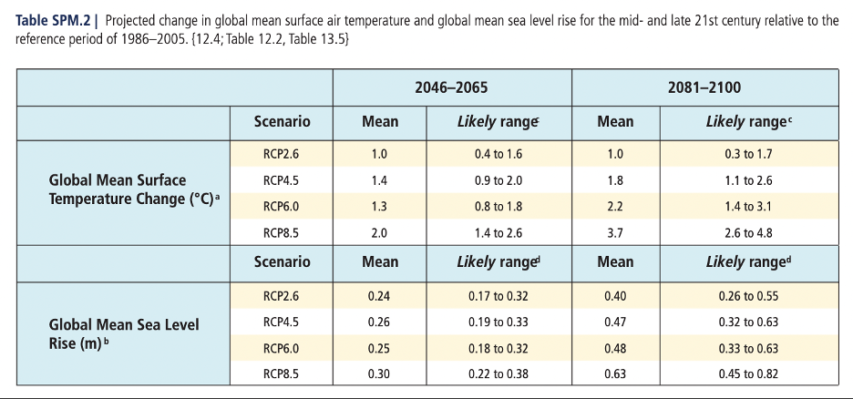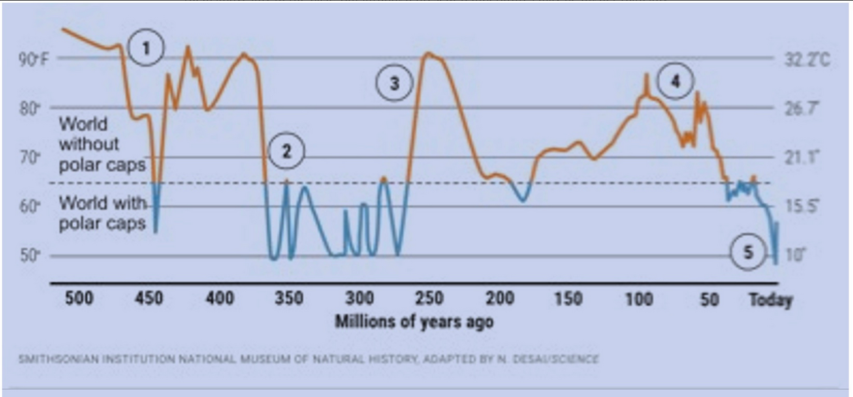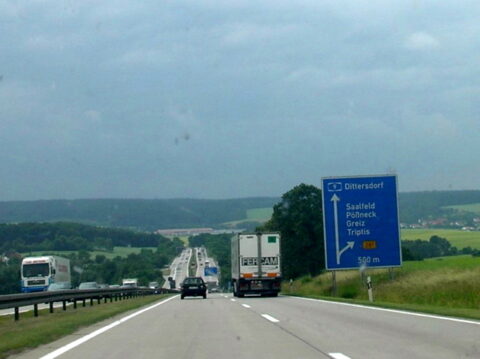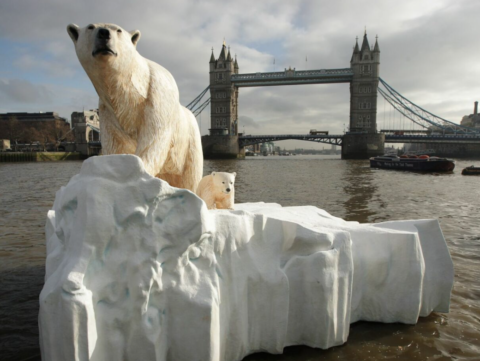Spaceman Spiff has been a longstanding fan of The West, but the current season is doing much more than giving him the sadz:
The current season of The West is a disappointing mishmash of bad writing, wooden acting and implausible plot lines.
Critics have known the show has been in decline for years although have been reluctant to say openly.
But with cancellation rumours growing it is difficult to see how it can survive. If the current season is any measure they simply don’t have the writers even if the producers hadn’t lost their minds.
The plot thickens
The West has always been known for its compelling plots. Epoch-defining inventions, new technologies and globe-spanning empires. Even grand moral crusades no one else would consider such as ending slavery or elevating women to equal status.
Just some of the storylines they said would never work and yet we were glued to our screens as they unfolded.
Unfortunately, more recent seasons have shown none of the flair of the past.
The latest drama is the threat of another plague. It is difficult to know how this got the go ahead so soon after the Covid storyline.
The original pandemic idea got off to a roaring start since it was then a novel idea. But as the drama unfolded the plot became increasingly contrived. The writers became carried away and eventually struggled to get out of the hole they had dug themselves.
It ended in absurdity with obvious conflicts between the original lockdown plot and the later mask and vaccine subplots.
It was almost as if different teams of writers were competing with each other instead of cooperating on the story arc, exactly the kind of mistake audiences are increasingly complaining about.
The latest version is a species-jumping virus and is already facing criticism for lazy writing and reheating ideas from last time. Audiences are unimpressed. Time will tell if they can pull it off again.
The second plot they seem to be exploring is even more implausible, war with China.
After the last few seasons mired in the Ukraine storyline it beggars belief the writers went in this direction.
There were rumours of production overruns and expensive reshoots as the Ukraine storyline dragged on. We will never know the full extent of their production woes but tough decisions were clearly made as well as a shakeup of the production team.
Critics had warned wars were rarely popular. People like the drama of course, but audiences quickly get bored. None of this stopped the producers and the writers dutifully did as asked.
Now it is China.
Many are saying this is just a sign the producers have been there too long. It is time for another clear out.
At least war is exciting. But after numerous attempts to sell immigration storylines they are trying it again despite its unpopularity.
Previous attempts to promote immigration plots failed to resonate with audiences although it has always been popular with a small, loud minority.
Most found it too farfetched, millions of young foreign men just wandering into Western nations as if no one would stop them. The critics had a field day.
But this season they are going with climate migration. People moving around because of the weather.
This is partly to shore up their failing climate plot. It was obvious several seasons ago this long running theme, a strong favourite with the showrunners, was no longer popular.







